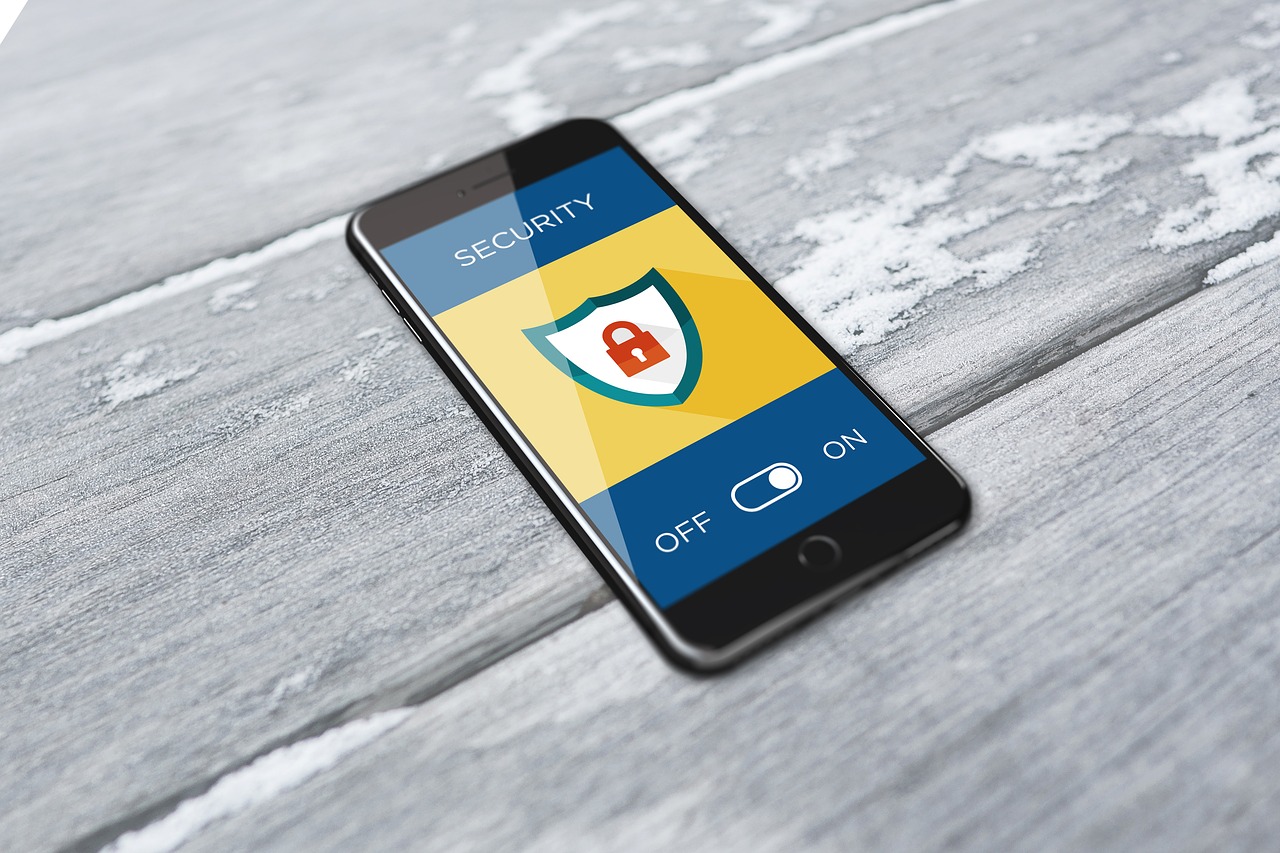In the last few years, how we communicate with each other has changed beyond recognition. The online world is part of our everyday lives. Keeping away from the internet completely is pretty much impossible because so many things are done that way.
As our children grow up in a digital age, online safety is just as important as road safety. That’s the case for any child. But for adopted children, there’s an additional layer of concern.
As my children grow up, I’m very aware that it won’t be too long before they’ll be on the internet. And that with very little effort, they’ll be able to find their birth family on social media. That terrifies me. Not because I don’t want them to find out about their birth family and contact them. I do. But I want it to be done safely. I want to make sure they’re protected so that things happen safely and on their terms.
A big thank you to Zoe from Mumaduke designs for this article about how to keep our children safe online.

As parents we often think about keeping our children safe. We teach them road safety and stranger danger. We learn infant first-aid and put locks on our cupboards. But when it comes to the internet or any digital devices, how much advice, support or guidance do we give our children? How much do we as parents know about online safety?
Our generation have grown up with the internet in its infancy. Our children are growing up in a fully digital age where everything can be connected to the internet, or has a digital response.
Although our children’s generation are hopefully going to be more educated about the positives and negatives to living in the digital era, we still need to educate ourselves.
Would you invite strangers from all across the world all across the age groups into your child’s bedroom? Of course we wouldn’t. However, having devices such as iPads and X boxes, you’re doing just that.
We want our children to understand and realise the benefits that the digital era has. The experiences children can have, collaborations, job prospects, learning new skills, finding new friends.
We all know that we should have parental controls on our devices. But have you actually done that yet? There are many ways to find out about parental controls. Have a look at your Internet provider as they’ll have information about how to set them up.
Other things we can be doing to support our children online:
Honesty
Let your child know you value their honesty so when they come to you for help, they know you aren’t going to go mad at them for messing up.
Online safety
Not giving out personal information. Making up nicknames. Keeping faces off the internet and social media.
Online bullying
Talk about kindness online. How to respond to people but also what to do if someone isn’t being kind to them.
Health
Talk about how to keep healthy when using devices. Set boundaries for times and where they can use the device. (i.e. not right before bed)
Research
Vodafone have a good digital parenting magazine which is a great read. Here’s a link to one of them Vodafone digital parenting magazine
Other places to look up information:
Some great activities and videos on this site.
App guides:
The internet doesn’t have to be a scary place.
Top tips for adopters
- Be mindful about the information you’re sharing about your child’s journey.
- Make sure dates for birthdays and celebrations aren’t shared at that specific time.
- School uniform is either in black-and-white with a logo blocked out or photos taken from behind.
- Keeping names and personal information like locations off the internet.
This isn’t just for adopted children. All our children will have their lives scrutinised by employers in the future which includes their online footprint. As their parents, we can keep that to a minimum.
Other dangers can come from online activist groups such as forced adoption social media pages or online fraud and bullying from peers.
There are ways to post safely. Just think – would you want that information online about you? If you wouldn’t, don’t post it. Could you be located or spotted by a stranger / fraud? Would your child be happy for their friends to see that information when they’re teenagers?



